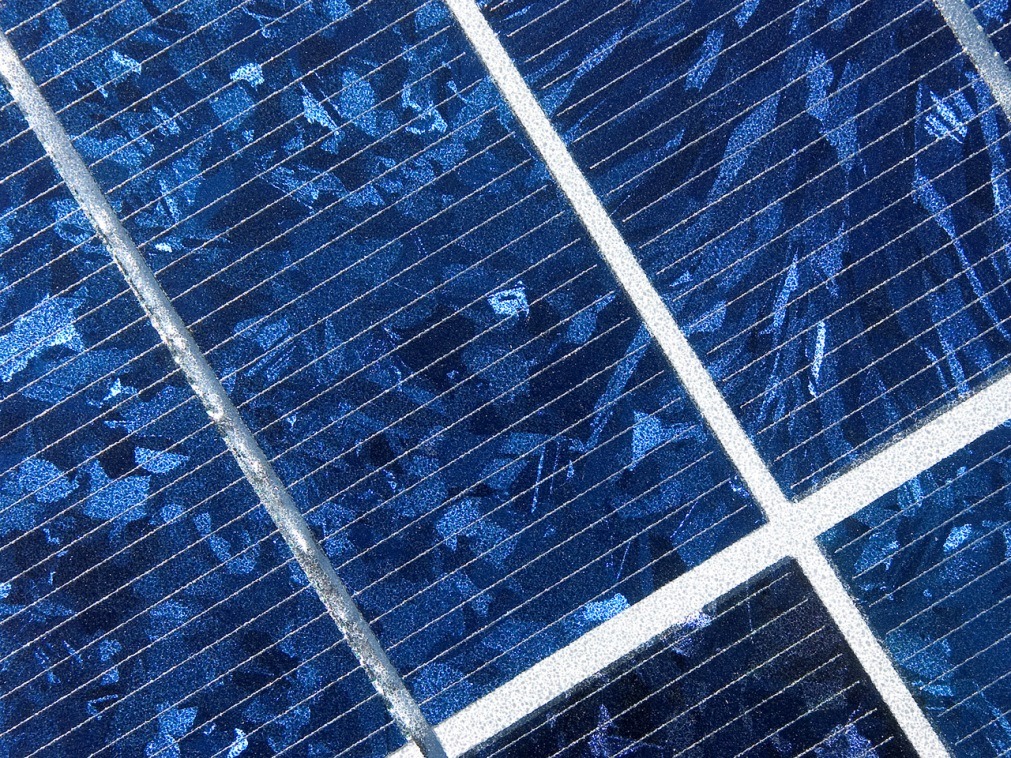Italian energy company Eni has entered the Australian renewable energy market, through its subsidiary Eni Australia, by acquiring a 33.7MW solar project.

Image: Eni acquires 33MW solar plant in Australia. Photo: Courtesy of dlritter/FreeImages.com.
Eni acquired the construction-ready project from Katherine Solar and the plant is located near Katherine, in the Northern Territory of Australia. Katherine Solar is a joint venture between Australia’s Epuron and the UK-based Island Green Power.
The solar project will be powered by ground-mounted PV panels, along with a battery storage system with a capacity of 5.7 MVA/2.9MWh. When operational, the plant could help avoid nearly 63,000 tonnes of CO2 emissions annually.
For optimum operational efficiency of the solar farm, a cloud coverage predicting technology will also be installed. With this technology in place, the plant is expected to forecast and compensate for possible variations in solar irradiation and will use the battery storage system so as to minimize the impact on the grid.
Construction of the plant is expected to begin in the next few weeks and commercial operations could begin in the fourth quarter of this year. Eni also said that Epuron will manage the plant, once it is operational.
This plant is expected to add to the goal of Northern Territory’s government of procuring 50% of its energy from renewable sources by 2030.
Eni has been present in the Australian market through its subsidiary Eni Australia since 2000. It owns and operates the Blacktip Gas Project and has a non-operated interest in the Bayu-Undan gas and condensate field and in the associated Darwin LNG plant.
Last month, the company signed a memorandum of understanding (MOU) with Indonesian state-owned oil and gas company Pertamina, to collaborate on low carbon products and for the development of renewable energies.
The two companies, in particular, have agreed to explore opportunities and discuss collaboration in waste transformation processes and biomass valorization processes.
The partnership will leverage Eni’s technologies such as waste to fuel, waste to hydrogen, sewage sludge conversion into biomethane production by anaerobic digestion, advanced biofuels from biomass, and chemicals from biomass.
